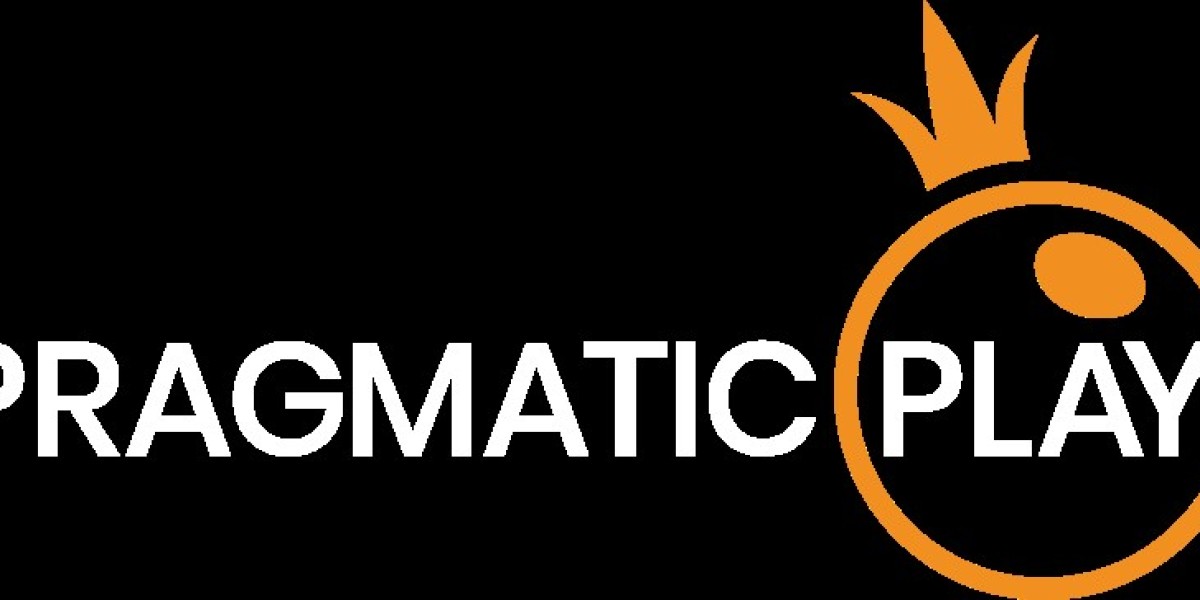 A person who understands pragmatics can politely evade a request, cleverly read between the lines, or negotiate turn-taking norms in conversation. Pragmatics takes social, cultural, and situational factors into consideration when using language.
A person who understands pragmatics can politely evade a request, cleverly read between the lines, or negotiate turn-taking norms in conversation. Pragmatics takes social, cultural, and situational factors into consideration when using language.Consider this The news report states that the stolen painting was discovered "by a tree." This is an example of confusion that our understanding of pragmatics assists us clarify and ease everyday communication!
Definition
The term "pragmatic" refers to people who are intelligent and practical. People who are pragmatic concentrate on the realities of the real world and don't get bogged by ideas that are not realistic.
The word"pragmatic" is derived from Latin praegere, which translates to "to grasp." Pragmatism is a philosophy that views the world as inseparable from agency within it. It also considers knowledge as a result of experience, and focuses on the way that knowledge is applied.
William James described pragmatism in 1907 as a new name for old methods of thinking. His lecture series, "Pragmatism - A New name for Old Ways of Thinkin'" was a response to this. He began by describing what he called the Present Dilemma in Philosophy'--a fundamental and seemingly irresolvable clash between two ways of thinking: the hard-headed empiricist commitment to experience and going through the facts, versus the tender-minded tendency to a priori theories that appeal to rationalization. He promised that pragmatism would be able to bridge this gap.
He also defined 'praxy' as an idea of truth that is rooted in the actual world, not in an abstract, idealized theory or philosophy. He argued that pragmatism was the most true and natural method of tackling human problems, and all other philosophical theories were flawed in one way or other.
In the 1900s, many other philosophers also developed pragmatist perspectives such as George Herbert Mead, W.E.B Du Bois and Alain Locke. They developed pragmatic views of the structure of science, education, and public policy. John Dewey articulated pragmatist views in areas like education, democracy, and public policy.
Currently, pragmatism is still in the process of influencing the design of curriculums, educational programs and other technological and scientific applications. There are also a number of philosophical movements that are pragmatic, like neopragmatism, classical pragmatism, and others. There are also computational and formal pragmatics, game theory, theoretical, clinical, experimental and neuropragmatics; as well as intercultural and interlinguistic pragmatics, among others.
Examples
The study of philosophy and language branch known as pragmatics focuses on the intentions of communicative speakers and the contexts in which they speak, and how listeners interpret and comprehend their intentions. Pragmatics is different from semantics due to its focus on meaning in a context or social sense, and not the literal truth-conditional meaning. In this regard, pragmatics is often described as a pragmatic theory of meaning, but despite its focus on social meaning it has been criticized for not allowing the study of truth-conditional theories.
If a person chooses to be pragmatic, they evaluate the situation objectively and choose the best course of action that is more likely to be successful. This is opposed to an idealistic view about how things should be done. For instance, if you are trying to save wildlife, you are more likely to succeed if you take an approach that is pragmatic and work out a deal with poachers rather than fighting them in court.
Another example of a practical one is when someone politely evades a request or cleverly reads between lines to find what they want. People can learn this by practicing their social skills. Pragmatics is also about figuring out what's not said. Silence can convey a lot, depending on the context.
Someone who struggles with pragmatics might struggle to communicate effectively in a social setting. This can cause problems with interacting in work, school and other activities. For instance, a person with difficulties with pragmatics may struggle to greet people appropriately and introducing themselves by sharing personal information, oversharing, navigating turn-taking guidelines in conversation or making jokes, using humor, or understanding the implicit language.
Parents and 슬롯 teachers can help children develop their pragmatics by modeling these social behaviors in their interactions with kids, engaging them in role-playing activities to practice different social scenarios and giving constructive feedback on their communication abilities. They can also make use of social tales to illustrate the correct response to an upcoming situation. These stories may contain sensitive material.
Origins
In 1870, the term "pragmatic" was first used in the United States. It was popularized by American philosophers and the public because of its close connection with the modern natural and social sciences. At the time, it was viewed as a philosophical kin to the scientific worldview. It was widely believed to be capable of producing similar progress in inquiry into matters such as morality and the meaning of life.
William James (1842 to 1910) is believed to be the first person to using the term pragmatic in print. He is considered to be the father of modern psychological theory as well as the first pragmatic. He is also believed to be the first to come up with a theory of truth based on the empirical method. In his book "The Present Dilemma in Philosophy', published in 1907, the author outlined a fundamental conflict in philosophy. The dichotomy he describes is the clash between two different ways of thinking: one that is based on an empiricist commitment to the experience and relying on the facts, and the other that prefers a priori principles which appeal to ratiocination. He predicted that pragmatism would be a bridge between these competing styles.
James believes that the truth of something only exists if it works. Thus, his metaphysics leaves open the possibility that there may exist transcendent realities that are inaccessible to us. He acknowledges that pragmatism does not necessarily reject religion and that religious beliefs may be legitimate for those who adhere to them.
John Dewey (1859-1952) was a key figure in the pragmatists of classical times. He is renowned for his numerous contributions to a variety of areas of inquiry in philosophy such as social theory, ethics, law, philosophy of education, aesthetics and the philosophy of religion. In the latter part of his life, he came to see pragmatism as a philosophy of democracy.
Recent pragmatists developed new areas of inquiry that include computational pragmatics (the study of computer systems that utilize context to better understand the motives of their users) as well as game theory and experimental pragmatics, as well as neuropragmatics. These areas of pragmatics aid to improve our understanding of how information and language are used.
Usage
A person who is pragmatic is one who takes into account the real-world, practical conditions when making decisions. A pragmatic approach to a situation is an effective method to accomplish a task. This is a crucial concept in business communication and communication. It's also a great way to explain certain political views. For example, a pragmatic person will consider arguments from both sides of an issue.
In the world of language, pragmatics is a subfield of semantics and syntax. It concentrates on the social and contextual significance of language, rather than its literal meaning. It covers issues like turning of a conversation as well as ambiguity resolution and other aspects that affect the way people use their language. Pragmatics is closely connected to semiotics, which is the study of signs and their meanings.
There are many different kinds of pragmatics: formal and computational conceptual, experimental and applied; intercultural and intralinguistic; and cognitive and neuropragmatics. These subfields of linguistics are focused on different aspects, yet they share the same goal to comprehend how people make sense of their world through the language they speak.
Understanding the context of a statement can be one of the most important factors in pragmatics. This can help you to discern what the speaker is trying to say, and also predict what a listener will think. If someone says, "I want a book" it is possible to conclude that they're talking about a particular book. However, if they say "I'm going to the library," you may assume that they are looking for general information.
Another aspect of pragmatics is determining the amount of information needed to convey an idea. This is known as Gricean maxims, and was developed by Paul Grice. These maxims are about being concise and truthful.
Richard Rorty, among others, has been recognized as the main reason for the resurgence of pragmatic thinking. Neopragmatism is a movement that aims to correct what it sees as the mainstream epistemology’s critical error which is that they believe that thought and language reflect the world (Rorty, 1982). Particularly the past, philosophers have tried to rehabilitate the ideal of objectivity in classical pragmatism.








